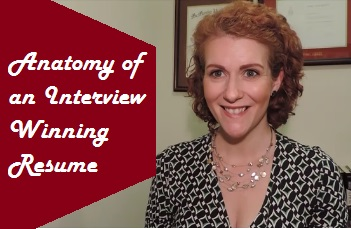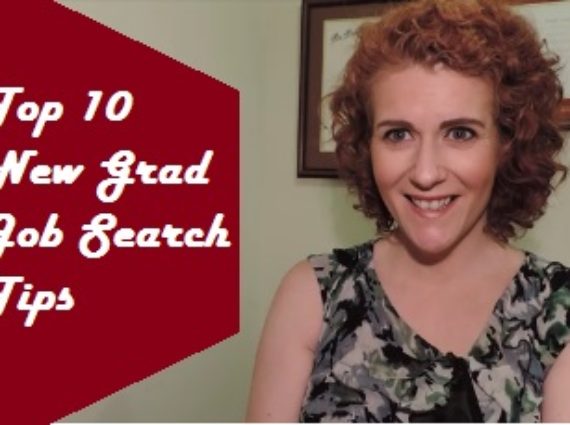Your resume is your main marketing material for your job search and the purpose of your resume is to land the interview. As such, it is important that you optimize your resume making the best use of each element of your resume.
Elements of Your Resume
-
Name, Address, Telephone, and email
This should appear at the top of each page of your resume. It ensures that the reader knows who you are and how to contact you. If the pages of your resume get separated, having your name on the top of each page will enable the reviewer to find each page. In addition, do not put this in the header of your resume. Not all recruitment systems can read headers. Here are a few other tips for this section:
- Be sure to include your postal code (or zip code) with your address. Recruiters sometimes conduct proximity searches for candidates, which is typically done vis-à-vis your postal/zip code.
- Have a professional sounding outgoing voice mail message.
- Ensure you have a professional email address. It is best not to use a work email (unless applying to a role internal to your organization). Some job seekers find it useful to set up a separate email address for their job search as this can help organizing your job search correspondence.
-
Professional Profile
This should be a 3-4 line summary of your experience, tailored to the role, and highlighting your experience. I recommend not using an objective as it suggests that you are highlighting what you are looking for. Keep in mind, the employer is more interested in what skills and experience you bring to the table. As such, a professional profile (or summary) can highlight this. In a previous blog post, I highlight how to tailor this section of your resume.
-
Accomplishments or Technical Skills
If you have 5 or more years of experience, list your top 2-3 accomplishments as it relates to the role. For people in technical fields, such as IT or engineering, you can list your top technical skills instead of your accomplishments. Either way, this section should be tailored to the role.
-
Experience
This is the meat of your resume and should ideally begin on the first page of your resume. Your experience should be listed in reverse chronological order. Each role should begin with the name of the organization, your job title, and the dates (month and year) you were in the role. Additionally, if the role was a contract position, be sure to make note of that after your job title. In this section, provide a high-level list of relevant core duties/responsibilities, ensuring that you begin each statement with an action word. Again, this section should be tailored to the role to which you are applying. Finally, be sure to include any relevant accomplishments you’ve achieved while in the role. Not only will this highlight your experience, but it will also demonstrate that you’ve performed well.
-
Education
If you are a new grad, you may want to move this section immediately below your professional profile. Otherwise, keep this section under your experience. Be sure to include your formal education, institution attended, date graduated, and any area of specialization. Finally, you may also want to include any relevant professional development courses you’ve taken. Again, be sure to streamline these because the education section can become too lengthy otherwise.
-
Volunteer Experience
Highlight any volunteer work you have done. While your work experience is the meat of the resume, your volunteer experience can highlight additional skills that you can bring to the role. In addition, if you have political volunteer experience, it is best to make this section as generic as possible as this may create an unfair bias. (Noted exception: Australia, where political affiliation is a protected ground element).
-
Additional Skills
Highlight any language skills that you didn’t call out in your professional summary. In addition, you can mention any extra-curricular activities in which you are involved. Again, be sure to streamline this section so that it remains relevant and professional.
Final Thought
From time to time, I will see resumes that end with “References Available upon Request.” Although this was popular 20+ years ago, it is no longer necessary. In other words, it goes without saying, so there is no need to say it. Further, it takes up space on the resume, which could otherwise be used for more relevant information.
Having a job-specific, and clearly laid out resume that highlights your skills and accomplishments, is essential for getting the interview. With these tips, you should be well on your way to having a resume that will get noticed.
If you have additional tips, I would love to hear from you. Finally, for personalized advice, feel free to check out the services section here.
Until next time, happy hunting!
Your resume is your main marketing material for your job search. The purpose of your resume is to land the interview. As such, it is important that you optimize your resume making the best use of each element of your resume. Having a well laid out resume that highlights your skills and accomplishments, while being tailored to the role to which you are applying, is essential for getting the interview. With these tips, you should be well on your way to having a resume that will get noticed.

